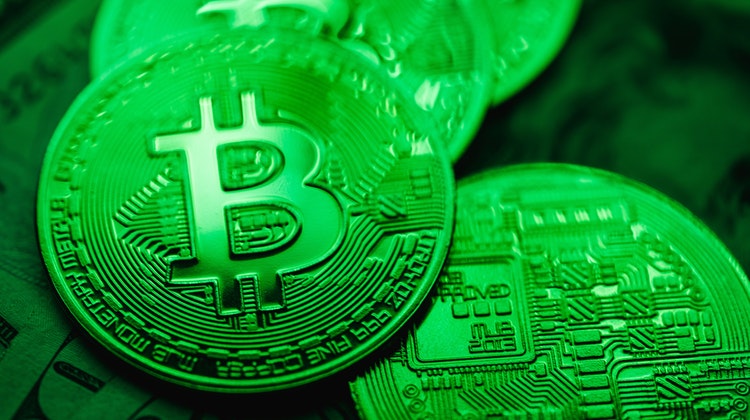
Photo Credit: pexels
In the search for innovative new business models, the moguls of the traditional media publishing world are apparently leaving no stone unturned. Some have all but concluded that the current advertising-based model is no longer sustainable except for a handful of top media brands, and that new forms of digital technology might offer a potential solution. Add in the fact that cryptocurrency investing is all the rage right now, and it’s perhaps no surprise that some are exploring a business model involving both crypto and blockchain technology.
Forbes as the test case for blockchain technology
To date, the highest-profile example of a traditional publisher exploring a blockchain-based business model is Forbes. The venerable and highly respected publisher is up for sale right now, and a leading candidate to buy up Forbes is technology investor Patrick McConlogue and his crypto-focused investment company called Borderless Services. The bid values Forbes at $700 million, which is certainly a fair price given that Forbes was most recently valued at $475 million back in 2014.
What’s unique about the sales offer, though, is not the price. What matters here is that Borderless Services might entirely transform the traditional publishing experience using blockchain technology. The key here are “tokens” that Forbes would give readers for reading (and finishing) articles, commenting and sharing. The more engagement that readers show, the more tokens that they would receive. And these tokens would then be convertible into a cryptocurrency such as Bitcoin.
Can crypto save publishers?
You can see where this is headed, right? Readers looking to get rich quick might become voracious readers of the online magazine, all in the hopes of earning tokens convertible into Bitcoin. And, to make that as easy as possible, Borderless Services has suggested that crypto wallets would also become part of the overall experience, such as through a one-click crypto wallet integration with MetaMask. That might sound like a bunch of blockchain mumbo-jumbo, but all it really means is that readers would have a very easy way of moving around their tokens within an online wallet that is directly accessible from the Forbes site.
There are, of course, other iterations of this idea. Reddit, for example, has also created a token for site users. And several startups have also experimented with blockchain technology and crypto as a way of rewarding writers. Instead of getting paid in dollars, for example, writers get paid in crypto. That helps to keep costs down (no budget for writers!), while also offering plenty of upside to writers who can get the views, comments, and shares. And there’s a lot of buzz around how certain crypto buzzwords like “Bitcoin mining” and “proof of stake” (or “proof of work”) can also be applied to media. Borderless Services, for example, says it is working on a new technology called “attention mining,” which presumably is some kind of mashup of “data mining” and “Bitcoin mining” for the attention economy.
A get-rich-quick mentality for Old Money
The whole “blockchain will save media” argument, though, rests on the assumption that the value of crypto will continue to go sky-high. Who wouldn’t want as many Forbes tokens as possible as long as those tokens keep rising in value? But what if they don’t? What if, for example, Elon Musk continues to make outrageous comments about crypto? We all saw what happened recently, when the price of Bitcoin fell significantly nearly overnight when Musk decided that Bitcoin mining was too energy-intensive and harmful for the environment. And Musk continues to make bizarre comments about why he loves meme coins.
Certainly, there’s a lot to applaud Forbes for if the $700 million deal with Borderless Services goes through as planned. It would mark a brave new future for one of the most famous, legendary names in the traditional media world. And, as long as the prices of crypto assets keep heading to the moon, readers, writers, and investors would have a way of capturing some of the fabulous wealth once only reserved for members of the Forbes “richest people in the world”-type lists.